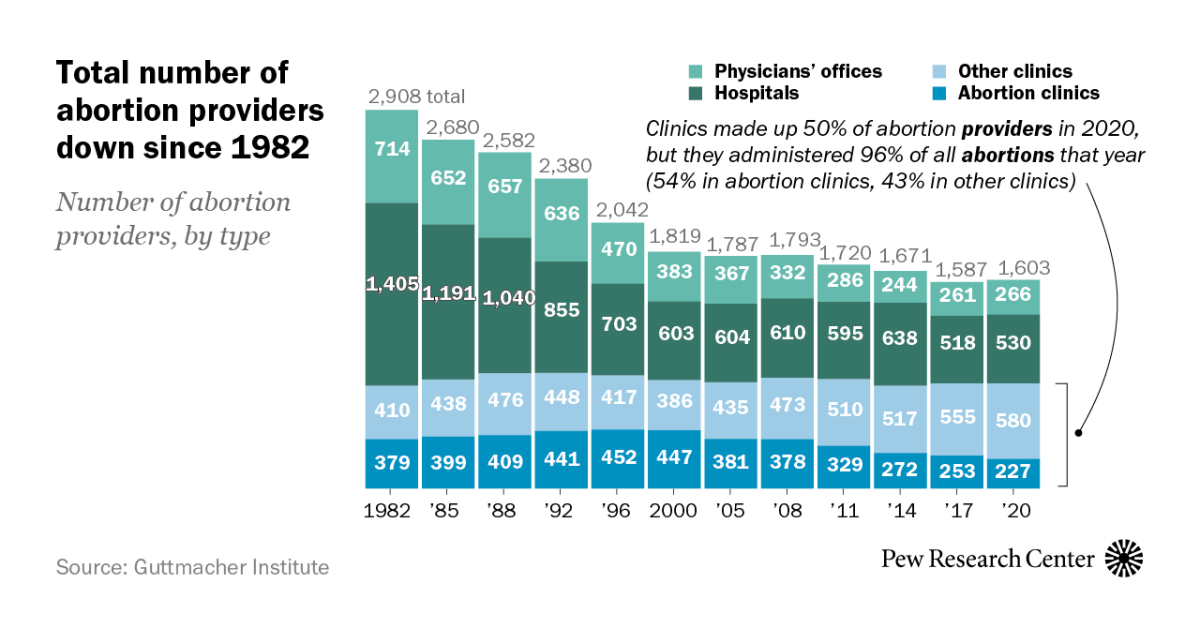This seems specious ^^^The largest single group of abortion users is the US is Christian women, a majority of whom report already having kids. In many cases these women use their marital finances to fund their abortion.

What the data says about abortion in the U.S.
The U.S. abortion rate has generally declined since the 1980s, but there have been slight upticks in the late 2010s and early 2020s.
The majority of these are NOT christian women, although they might go to church occasionally. There is a differenceThe vast majority of women who had abortions in 2021 were unmarried (87%), while married women accounted for 13%, according to the CDC, which had data on this from 37 states.
Technically, you are correct that, when considering women who had ever had any child/children, that a larger percentage had indeed had previous live births - but given that, as quoted above, 7 out of 8 of those women are unmarried the statistic that more than 1/4 of them had three or more previous children is not the moral win you think it isNearly four-in-ten women who had abortions in 2021 (39%) had no previous live births at the time they had an abortion, according to the CDC. Almost a quarter (24%) of women who had abortions in 2021 had one previous live birth, 20% had two previous live births, 10% had three, and 7% had four or more previous live births. These CDC figures include data from 41 states and New York City, but not the rest of New York.
I am also not aware of any data being collected on the religion of abortion recipients. Perhaps you would be good enough to cite your source, provided it isn't rectal










